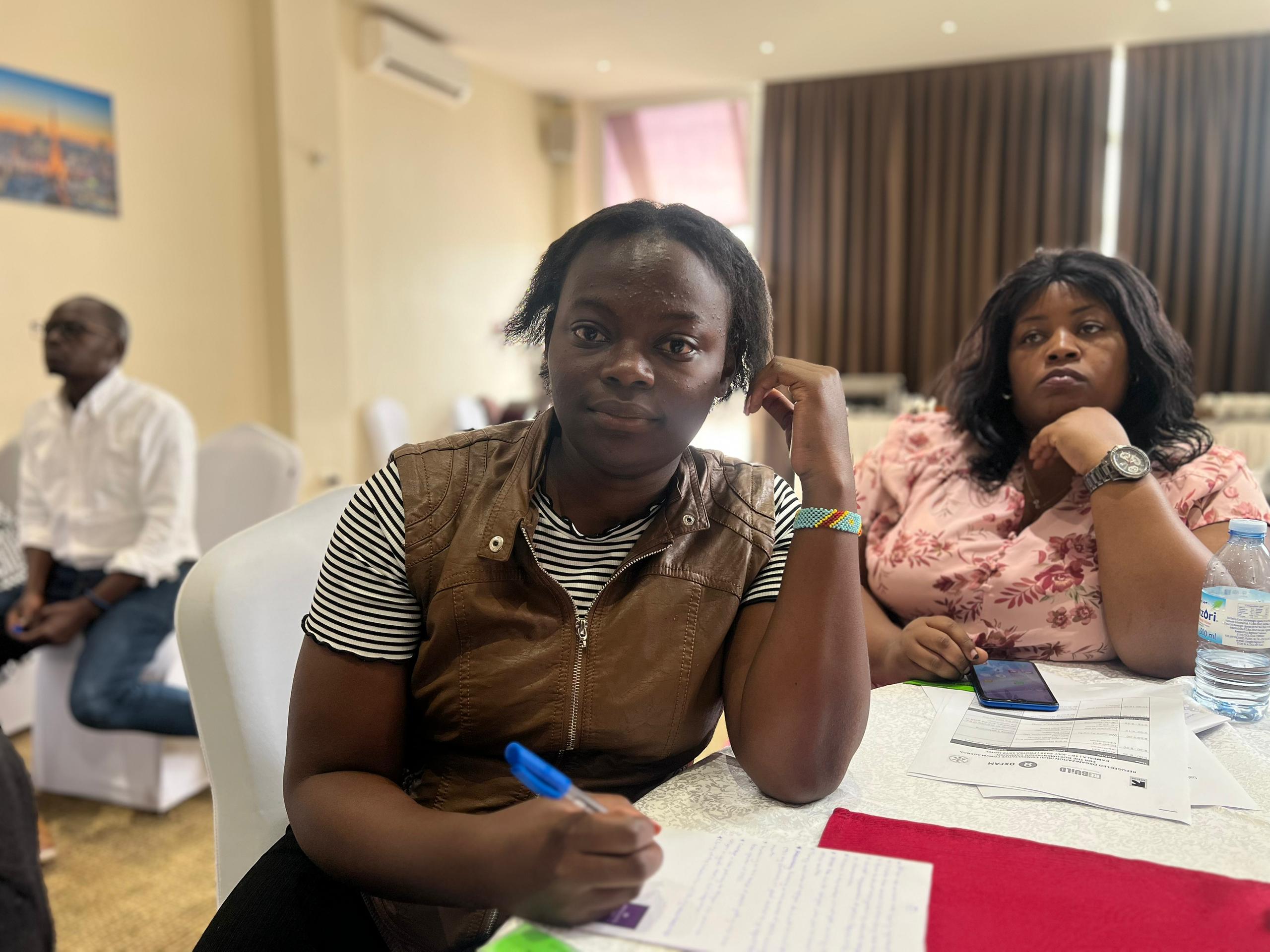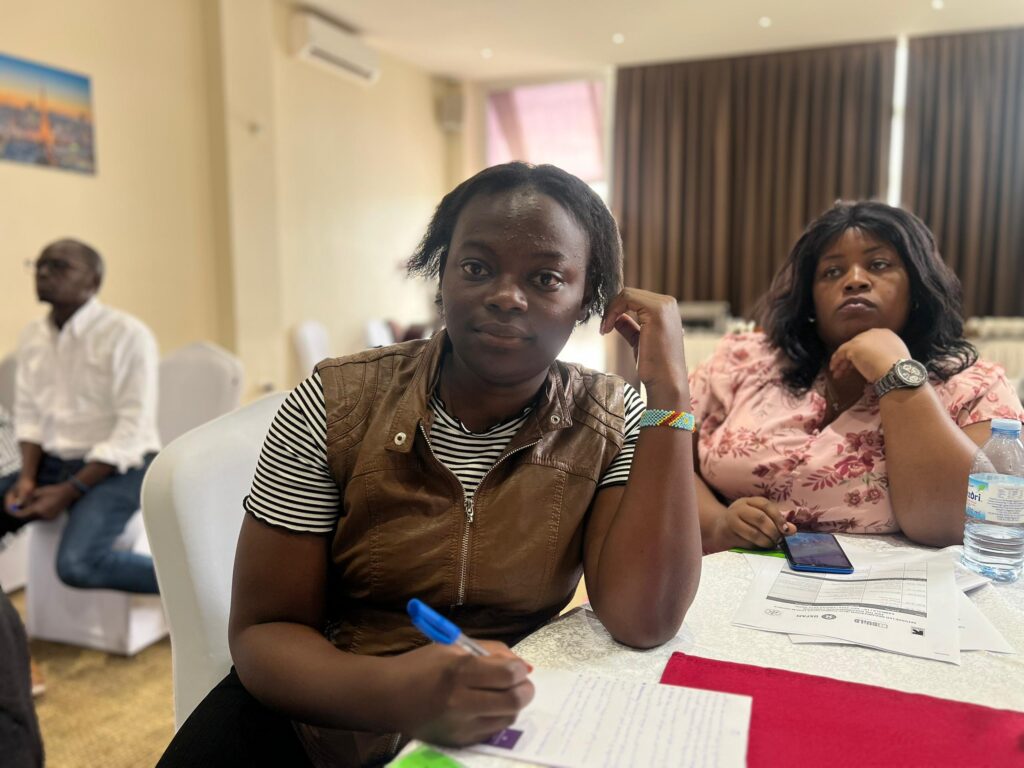
 Mama FM
Mama FM

 Mama FM
Mama FM
11 July 2025, 5:30 pm
Byamukama Alozious
Refugees and refugee-led organizations have called for urgent action to address the challenges they face in obtaining documentation, a crucial step towards accessing basic services and exercising their rights. The plea was made during a consultative forum held at Protea Skyz Hotel in Kampala, where stakeholders gathered to discuss the pressing issue of documentation for refugees in East Africa.
Gilaine Masika, a refugee from the Democratic Republic of Congo who has lived in Uganda for over 14 years, shared her personal experience with documentation issues. With a wealth of knowledge on the struggles of refugees in Uganda, Masika’s insights shed light on the complexities of the documentation process. “As a refugee, documentation is really important, and it has affected us in one way or the other,” she said. Masika recounted her struggles with registration, obtaining letters from the Office of the Prime Minister (OPM), and accessing employment opportunities. “When I was applying for a degree program, I was asked to be registered, but before being registered, I presented my refugee ID plus the attestation, it wasn’t enough,” she explained. “I had to miss classes to go to OPM, and they don’t tell you clearly when you should go back or when the document is ready for you,” she added.
Masika also highlighted the challenges of finding employment with a refugee ID. “When you present a refugee ID, it’s so hard for you to get a job in a public institution,” she lamented. “Most of us are jobless. We are just home. We do volunteering, but we can’t get promoted to any level,” she said, emphasizing the need for a more inclusive and effective documentation process.

The struggles faced by refugees like Masika are not isolated incidents. Esreal Thembo, the voice of the Kyaka II Refugee-led Organizations Network (KRLON), which unites 32 community-based refugee-led organizations and over 500 groups in Kyaka II Refugee Settlement and the host community, highlighted the need for an enabling environment for refugees, especially in urban areas. Speaking on behalf of the network, Thembo emphasized that refugees require more than just documentation; they need a system that supports their economic and social integration. “There is a need to have an enabling environment for refugees, especially in urban areas,” he said, pointing out the challenges of online documentation processes and the lack of inclusivity in projects like the Glow project, which requires securities that refugees cannot afford.
Irene Shiundu, Re:BUild Public Engagement and Advocacy Coordinator, emphasized the importance of community-driven solutions.”Documentation is not just a piece of paper; it is the gateway to dignity, rights, services, and self-reliance,” she said, highlighting the need for a step-by-step info guide, monitoring commitments, and tracking progress, she also pointed out that there is a need to strengthen the role of refugee-led organizations in shaping and monitoring regional and national documentation reforms. “It’s not just about advocating for more access, but ensuring that access translates into tangible benefits for refugees,” she added.

The International Rescue Committee’s (IRC) Re:BUild programe which is spearheading the refugee advocacy in Uganda and Kenya is currently meeting policymakers and other stakeholders to push for a more inclusive and effective documentation process for refugees. The key outputs and outcomes include a consolidated report of refugee-led organization experiences, challenges, and proposed solutions; refugee stories documented for media use and advocacy campaigns; a shared statement of recommendations and calls to action; and a monitoring framework for tracking government and stakeholder commitments.